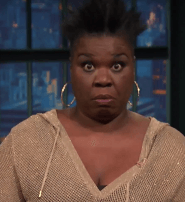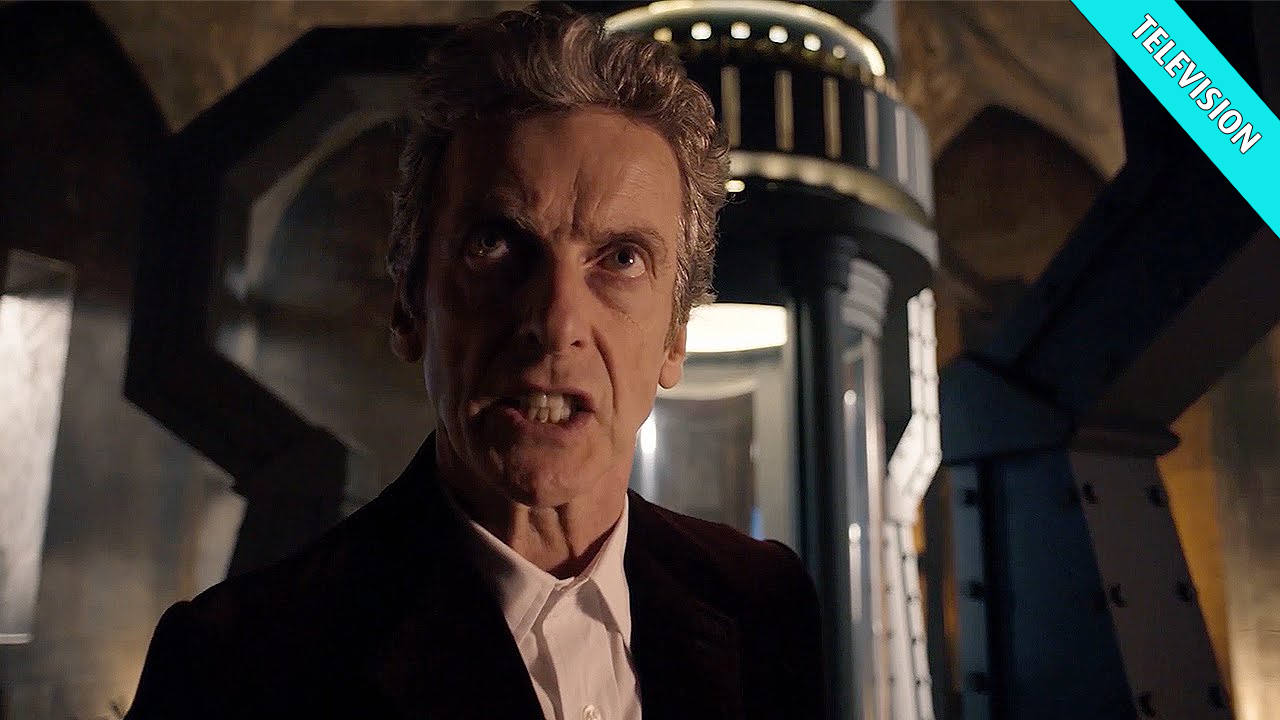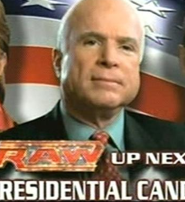Party Polarization: Satire And Dramas To Stream
When you browse political shows or satirical series, you’re stepping into a landscape shaped by growing party divides and shifting social attitudes. What you choose to watch can challenge your views or quietly reinforce them. Satire, drama, and even international perspectives all play a part in this trend. The question is, do these programs bring us together—or push us further apart? The answer might surprise you as the lineup unfolds.
Defining the Landscape of Political Television
Political television serves as a representation of increasing party polarization in the United States, utilizing distinct ideological frameworks to define characters and conflicts.
Programs such as “Scandal” and various city hall dramas illustrate the complexities of political life, often transforming Washington's dynamics into personal narratives. Characters like Olivia Pope in "Scandal" and Leslie Knope in "Parks and Recreation" engage with themes of chaos, diplomacy, and workplace dynamics, thereby drawing parallels to real-world political scenarios.
The series "House of Cards," featuring Kevin Spacey and Robin Wright, played a significant role in establishing Netflix as a prominent platform in political storytelling.
Similarly, shows like "Veep," "Homeland," and "The Americans" contribute to the narrative, reflecting the current divided political climate in America.
These programs not only entertain but also provoke discussions about political behavior, governance, and the impact of media on public perception of politics.
Consequently, political television has evolved into a medium that not only mirrors contemporary issues but also shapes viewers’ understanding of the political landscape.
Dramas That Examine Power and Division
Television dramas often reflect the complexities of power dynamics and ideological divisions prevalent in society. While these narratives do not resolve real-world issues, they provide critical insights into how such divisions manifest in various contexts.
For instance, 'House of Cards' illustrates the chaotic nature of political maneuvering in Washington, showcasing the intersection of personal ambition and power struggles faced by its characters, notably Frank Underwood, portrayed by Kevin Spacey, and Claire Underwood, played by Robin Wright. The series serves as a study of the darker aspects of political life and moral ambiguity.
Similarly, 'The Americans' presents a nuanced portrayal of Soviet spies living under deep cover in the United States, emphasizing the tension between familial obligations and ideological commitments. This duality raises questions about loyalty, identity, and the personal costs of espionage during the Cold War.
In contrast, 'The West Wing' offers a more idealized representation of American politics. Featuring President Josiah Bartlet, the series emphasizes the potential for diplomacy and integrity in leadership through its portrayal of various political challenges. It presents a vision of governance marked by earnestness and ethical considerations, though it remains somewhat aspirational compared to the realities of political life.
On the other hand, 'Homeland' takes a more intense approach by delving into themes of terrorism and national security through the perspective of CIA analyst Carrie Mathison and her complex relationship with Nicholas Brody. This series highlights the psychological toll of constant vigilance and moral ambiguity faced by individuals in the intelligence community.
These dramas contribute significantly to the discourse on the implications of political division and power struggles, encouraging viewers to reflect on the interplay between ideology and individual lives in a divided society.
Comedies and Satire in a Polarized Climate
Partisan tensions in contemporary society often lead to frustration, yet satire and comedy serve as tools for exploring and alleviating the complexities of a divided political landscape. Programs such as "Veep" exemplify this approach, offering a nuanced depiction of political chaos through the lens of a vice president who becomes president, thereby reflecting the intricacies of governance in both local and national contexts.
Similarly, "Parks and Recreation" features Leslie Knope, portrayed by Amy Poehler, as an embodiment of positive civic engagement, emphasizing the importance of involvement in democratic processes. This portrayal underscores the potential for humor to convey significant messages about public service and community responsibility.
Shows like "Saturday Night Live" and "The Good Wife" provide sharp critiques of American politics by intertwining partisanship with personal narratives. These series highlight the human experiences within political frameworks, making the complexities of governance more relatable for audiences. Through their comedic lens, they foster a better understanding of the struggles inherent in political life while simultaneously engaging viewers in critical discussions about the state of governance and public policy.
Overall, the effectiveness of these comedic platforms lies in their ability to balance humor with thoughtful commentary on political realities, making significant contributions to public discourse.
Historical Perspectives and Biographical Narratives
Exploring political history through dramatized storytelling allows for a detailed examination of the power dynamics and ideological transformations that have influenced societal developments.
The series **John Adams** presents a portrayal of the foundational challenges faced by George Washington and his contemporaries during the early formation of the United States. Similarly, **Mrs. America** engages with historically significant activism, highlighting efforts related to the Equal Rights Amendment and its implications on governance and individual rights.
In a different context, **The Crown** provides insight into the personal and political challenges faced by Queen Elizabeth II, illustrating the complexities of her role in maintaining the monarchy's relevance in a modernizing world.
Furthermore, **Homeland** interprets contemporary issues in foreign policy through the lens of espionage and intelligence, centering on the experiences of CIA analyst Carrie Mathison.
These political dramas serve to enhance viewers' understanding of historical and current political landscapes, reflecting both the intricacies and the inherent tensions involved in governance and personal agency.
International Views on Politics and Governance
International dramas often provide insightful reflections on the complexities of governance and political conflict, transcending cultural boundaries. For example, the Danish series **Borgen** offers a detailed exploration of political life in Denmark, illustrating how personal ambitions often intersect with the responsibilities of public office. This portrayal allows viewers to gain a nuanced understanding of the intricacies involved in national policy decisions.
Similarly, **The Crown** presents a portrayal of Queen Elizabeth II that evolves from her initial role as a private individual to that of a national symbol. This transformation influences public perceptions of both diplomacy and leadership in a historical context, demonstrating how personal narratives can impact broader political discourse.
In the realm of British political television, productions like **House of Cards** further examine themes of ambition and chaos within political structures. This series illustrates that the complexities of political maneuvering are not exclusive to American contexts, such as those depicted in Washington D.C., nor limited to fictional portrayals of political strategists.
These dramas collectively contribute to a greater understanding of political dynamics across different nations, prompting audiences to consider the universal elements of power, governance, and public perception in the realm of politics.
Lasting Influence of Political Series on Culture
Political series such as **House of Cards**, **The West Wing**, and **Veep** have significantly influenced both streaming media and public discourse by providing grounded portrayals of political dynamics and employing satire. These programs often encapsulate the complexities of American politics, depicting the intricacies of power plays, institutional dysfunction, and personal dilemmas faced by those within political systems.
Characters like Leslie Knope from **Parks and Recreation**, Olivia Pope from **Scandal**, and Carrie Mathison from **Homeland** each offer distinct interpretations of aspects such as local governance, crisis management, and national security.
The narratives presented not only entertain but also engage audiences in discussions surrounding governance and civic responsibility.
Through these representations, such series contribute to shaping cultural perspectives on political engagement and the functioning of democracy. Their impact is evident in how they reflect societal concerns and aspirations, ultimately encouraging viewers to reflect on real-world governance and its implications.
Conclusion
As you navigate the current landscape of political television, it’s clear these stories—whether satirical or dramatic—do more than just entertain. They challenge your perspectives, reflect the anxieties of a divided society, and offer new ways to understand the forces shaping your world. By exploring a range of genres and viewpoints, you can engage more thoughtfully with political issues and perhaps even find common ground in unexpected scenes and narratives.


















